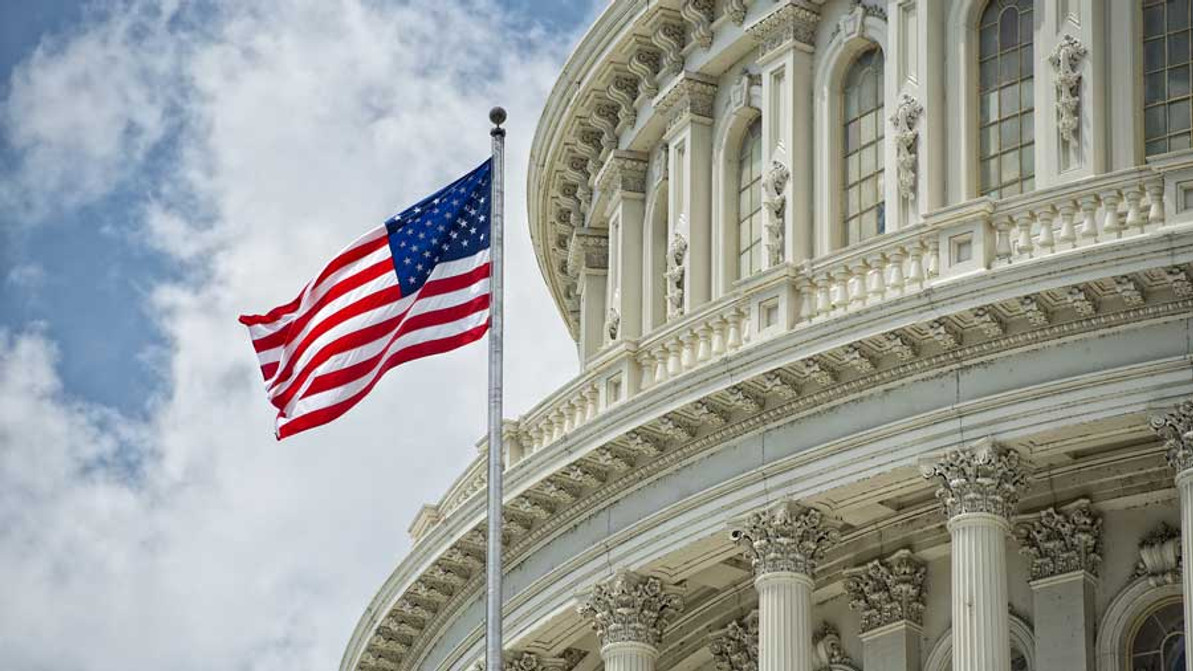Important Changes To Historical Labor Laws And Why They Matter
As a business owner or a human resources employee, you understand that changes in employment laws are always important to your company. There are a variety of reasons for these changes across local, state, as well as federal jurisdictions. In some instances, the catalyst for changes is landmark cases, while often new best practices or even societal shifts result in new policies. Regardless of the reason, it is crucial to keep up with employment laws. Lacking in this regard could cost your business a sufficient amount of money in court fees. Labor law compliance posters can help ensure business owners, managers, and employees are aware of those changes.
Minimum Wage Increase for Federal Contractors
Beginning in 2016, federal contract workers received an increase in the minimum wage requirement of up to $10.15 per hour. The implementation of this increase began in 1014 when President Obama signed Executive Order 13658. The order outlined the proposal of the minimum wage for federal contractors, as well as possible future increases. Under this Executive Order, tipped federal contract workers will be paid $5.85 per hour.
Changes in Federal Wage Law
The Department of Labor's decision to modify the Fair Labor Standards Act or (FLSA) was one of the largest changes in employment laws. The amended section was focused on wage and overtime. This update is the first since 2004 and extended overtime provisions for over 4 million workers in the US. The revised act requires that when working in excess of 40 hours in any week, the employee must receive overtime pay if they are paid less than $50,400 annually.
Federal "Ban the Box" Law
The bi-partisan bill, the FFCA or Federal Fair Chance Act, removes the box on a job application that asks about the applicant's criminal history. The purpose of FFCA is to ensure that an applicant's criminal record will not prevent them from being hired. Several cities and states across the US had implemented their own initiatives for "ban the box".
OSHA Penalties Increased
OSHA or Occupational Safety and Health Administration ensure that guidelines are in place to maintain safety in communities and employment sites. There is a significant fine for health and safety regulations. In fact, fines increased by up to 80 percent as a way to "catch up" in 2016, due to no increase in fines since 1990.
Pregnant Workers' Fairness Act
EEOC or the Equal Employment Opportunities Commission ensures rights are enforced for pregnant women. Taken from Title VII of the CRA and the Americans with Disabilities Act, among others, PWFA or Pregnant Workers' Fairness Act, gives employers specific mandates that cover several elements of pregnancy. The purpose of this act is to prevent families from needing to make a decision between pursuing pregnancy and continuing employment.
As you can read in the article, there are many areas in legislation that human resource employees, managers, and business owners should be aware of as they have the ability to affect their companies. If these employment laws are not complied with, their organizations can be left with weighty ramifications.
For more updates, visit https://www.laborlawcc.com/. Or give us a call at (800) 801-0597
Follow up with us on social media:
Recent Posts
-
Worker Protections Under the Pump Act
Update: May 9, 2023According to the DOL, previous versions of the FLSA Notice will no longer fulfi …May 4th 2023 -
What to Know About the Pregnant Workers Fairness Act (PWFA)
Starting June 27, 2023, a new law known as the Pregnant Workers Fairness Act (PWFA) will come into e …May 4th 2023 -
The 'Why' and 'How' of Labor Law Postings
Labor laws within the United States have come a long way since the Organic Act of 1913 was signe …Feb 16th 2023




